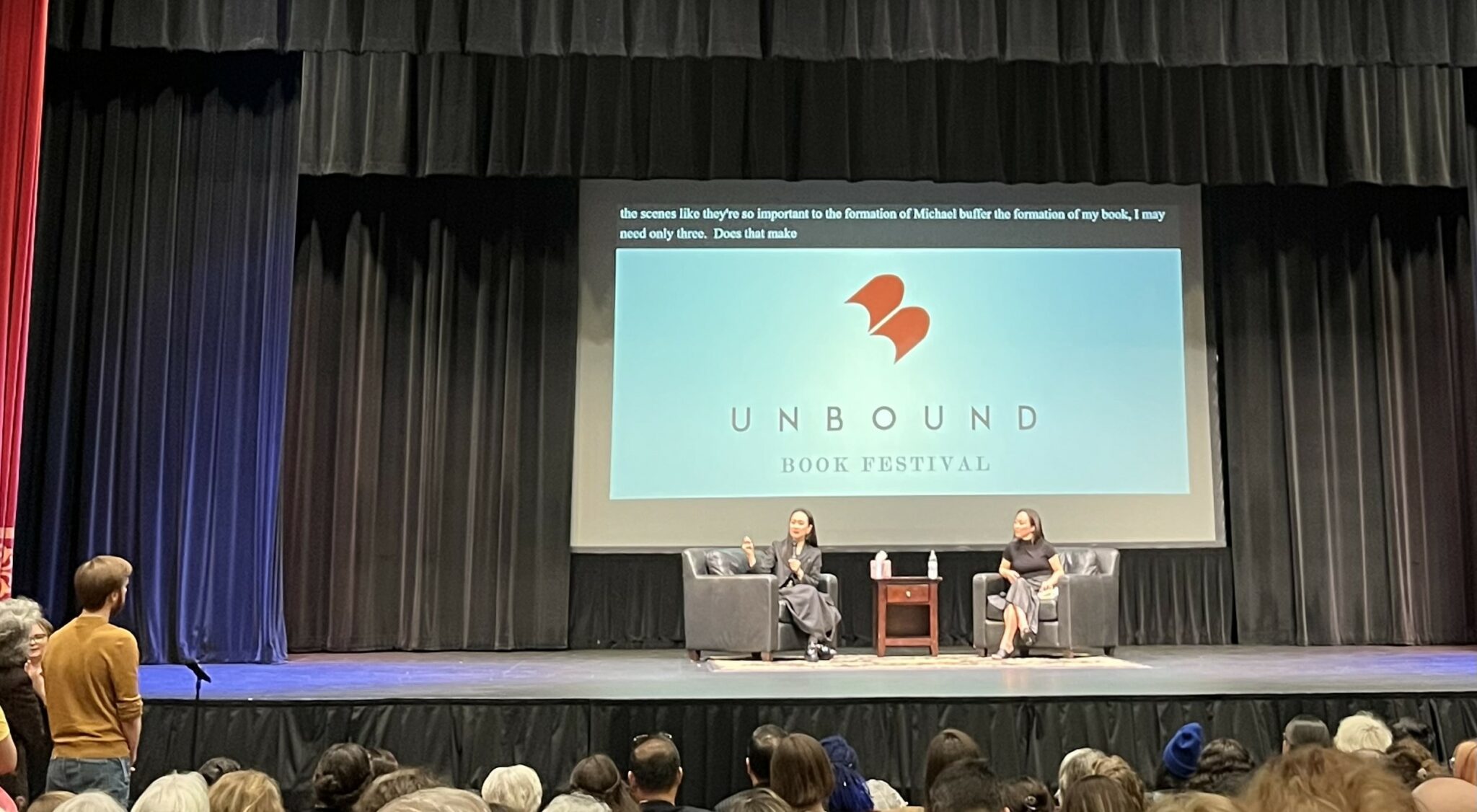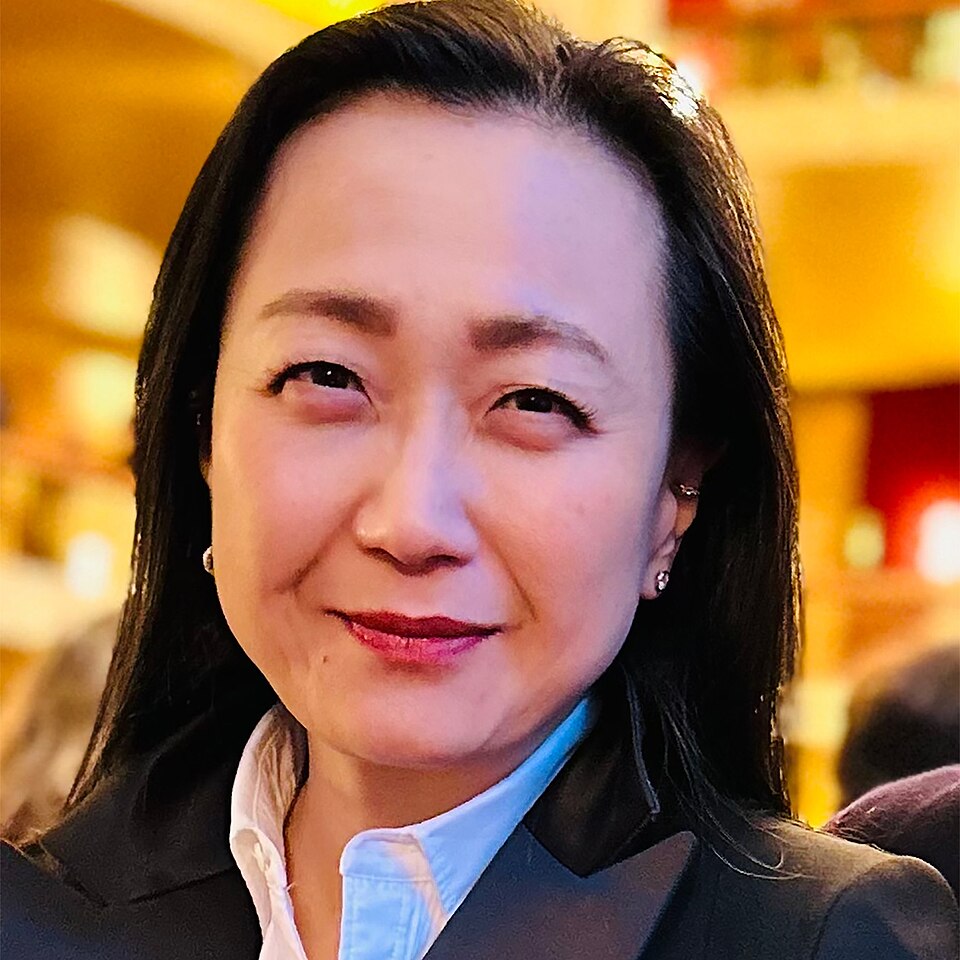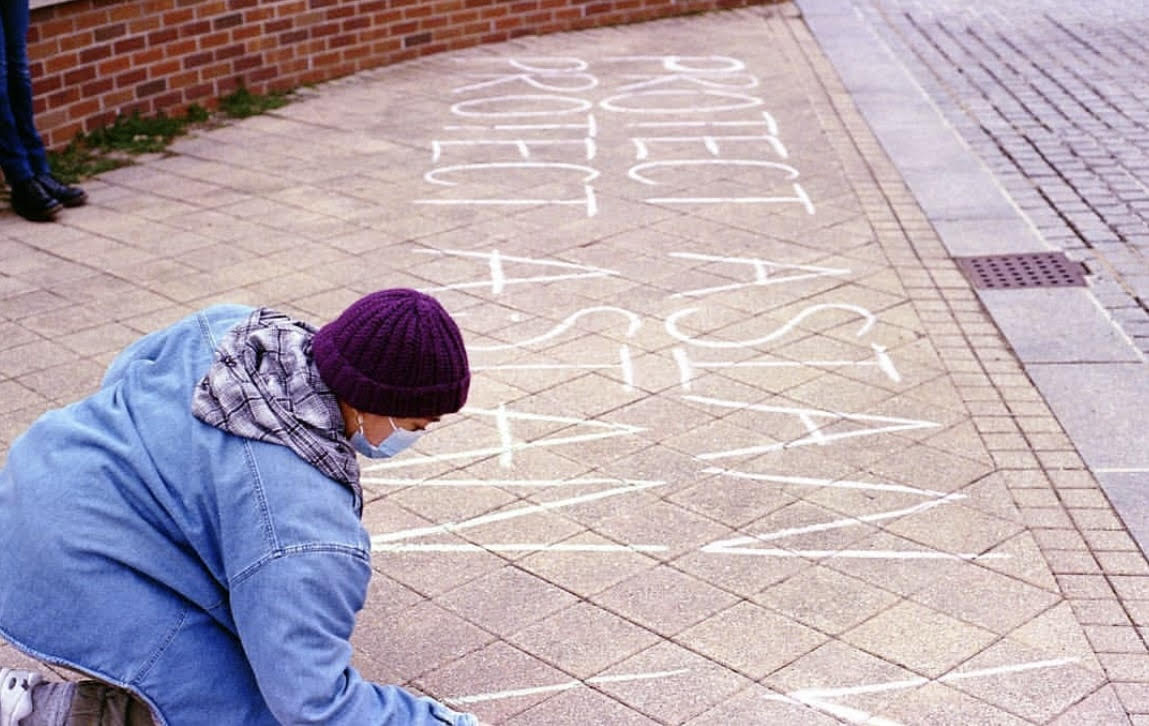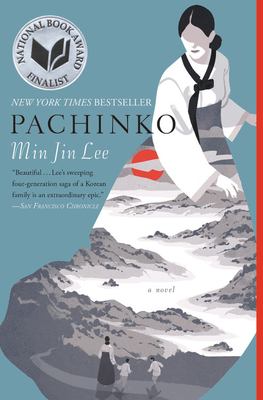Ordinary People
Last month on Friday, April 18, author Min Jin Lee took the stage at Jesse Auditorium as keynote speaker of the 2025 Unbound Book Festival. Her speech, and the conversation that followed between Lee and fellow novelist Crystal Hana Kim, opened up depths of compassion and wisdom that served as welcome refuge for readers that evening. (A writeup from the Missourian has the highlights, and an interview from Vox magazine has the backstory.)

I was excited to be in the audience, having read “Pachinko” years ago — an experience that left me with an aching heart and baffled curiosity about the kind of writer who could craft a story so enormous (in scope) that somehow registered on a molecular level (in feeling). And I get it now. It takes a writer like Min Jin Lee: rigorous, reverent; insatiable in research and courageous in art. Someone willing to walk the dark alleys of history in hopes that one will take her home, and patient enough to show us the way.
“Every time I do research, it nourishes me,” Lee said, describing interviews and fieldwork she conducted in Korea for “Pachinko,” a novel tracing the searing thread of trauma wrought by colonial violence as it weaves through generations of a displaced Korean-Japanese family. I was floored by the duration and depth of the research she described. (You’d think she was a working anthropologist.) But this is the commitment it takes to write about the lives left in the margins of collective memory; to portray the ordinary people who survived extraordinary pain — people whose lives went unrecorded in real time, to whom we can only offer our attention and empathy in hindsight: “History has failed us, but no matter,” reads the opening line.
The soul of this statement lives in the defiant second clause. “It doesn’t matter that history has failed us because ordinary people have persisted anyway,” Lee said in a 2018 interview with The Guardian. “This idea gives me an enormous amount of hope and strength as a writer because I am an ordinary person.” And onstage at Jesse Hall, Lee confessed her ordinariness, casting aside characterizations of bravery: “I can do really difficult things, but I’m actually a fearful person. I do things because they have to get done.”
Breaking the Silence
Four years ago on a Friday afternoon in March, I attended a vigil in Champaign, Illinois for the victims of the 2021 Atlanta spa shootings — six of them Asian women, all of them old enough to be my mother or my mother’s mother. A small, silent group of us walked from Beckman Quad to the bus stop at the corner of Goodwin Avenue and Clark Street. (This is where Chinese student Zhang Yingying was last seen alive in 2017. We were a town that knew to fear for our Asian women.) At the end of the procession, a community leader opened the floor for closing remarks. I recognized the opportunity to speak to my people, my sisters, and let it pass. I thought myself speechless and ordinary.
A year later in New York City, Min Jin Lee stood before a crowd gathered in Times Square for one of several nationwide “Break the Silence: Justice for Asian Women” rallies. It was March 16, 2022. Some things had changed since I stood at that bus stop in Champaign, but not everything. Soon Chung Park, Daoyou Feng, Hyun Jung Grant, Xiaojie Tan, Suncha Kim and Yong Ae Yue were still dead. So was Zhang Yingying. But it had only been a couple months since Michelle Go was shoved into the path of a subway train at the Times Square station, and a few weeks since Christina Yuna Lee was followed into her Chinatown apartment and stabbed to death. Grief is the thing with feathers (and claws, and teeth).

“Again and again, Asians and Asian Americans have asked me, ‘Why do they hate us?’” Lee said to the crowd. “And each person who asks me this question is wondering, ‘Why do you hate me? What have I done to you? And what can I do to change myself or my situation?’ … As a person who studies human motivation for a living, what I really hear in these questions is the following: I hear, ‘I want to be loved, I want to be accepted, I want you to know me.’ So I ask you, please tell us who you are. Tell us your name. Tell us your story. Speak and be remembered.”

But No Matter
In 2025 I am in the audience waiting for the Unbound Book Festival keynote speech to begin for the third year in a row. For the first time it is an Asian American woman who walks onstage. Lights focus and dim, applause rushes in and out. The first thing I notice is her voice, rich with warmth, gravity and humor. During the Q&A she calls people by name and sometimes “honey.” I have not always felt like I belonged in this town, but no matter — I know I belong in this room.
If history has failed us, let us now write lovingly and “Read Dangerously” (Azar Nafisi). Let us make room for all the “Minor Feelings” (Cathy Park Hong) and “Stay True” (Hua Hsu) to our roots, and if those roots have been ripped from their soils of origin let us remember that no matter the region, “On Earth We’re Briefly Gorgeous” (Ocean Vuong). From “The Rock in My Throat” (Kao Kalia Yang) to yours: Happy Asian American and Pacific Islander Heritage Month. May your “Eyes that Kiss in the Corners” (Joanna Ho) keep seeking wonder in your “Whereabouts” (Jhumpa Lahiri), because “The World Keeps Ending, and the World Goes On” (Franny Choi).
-Karena
P.S. Based on the holds lists, it might be a while before “Pachinko” is back on the shelf. If you’re looking for something to read in the meantime, I’ve gathered 10 titles based on Min Jin Lee’s reading recommendations. That list is available here! 🙂




